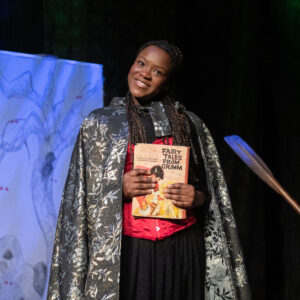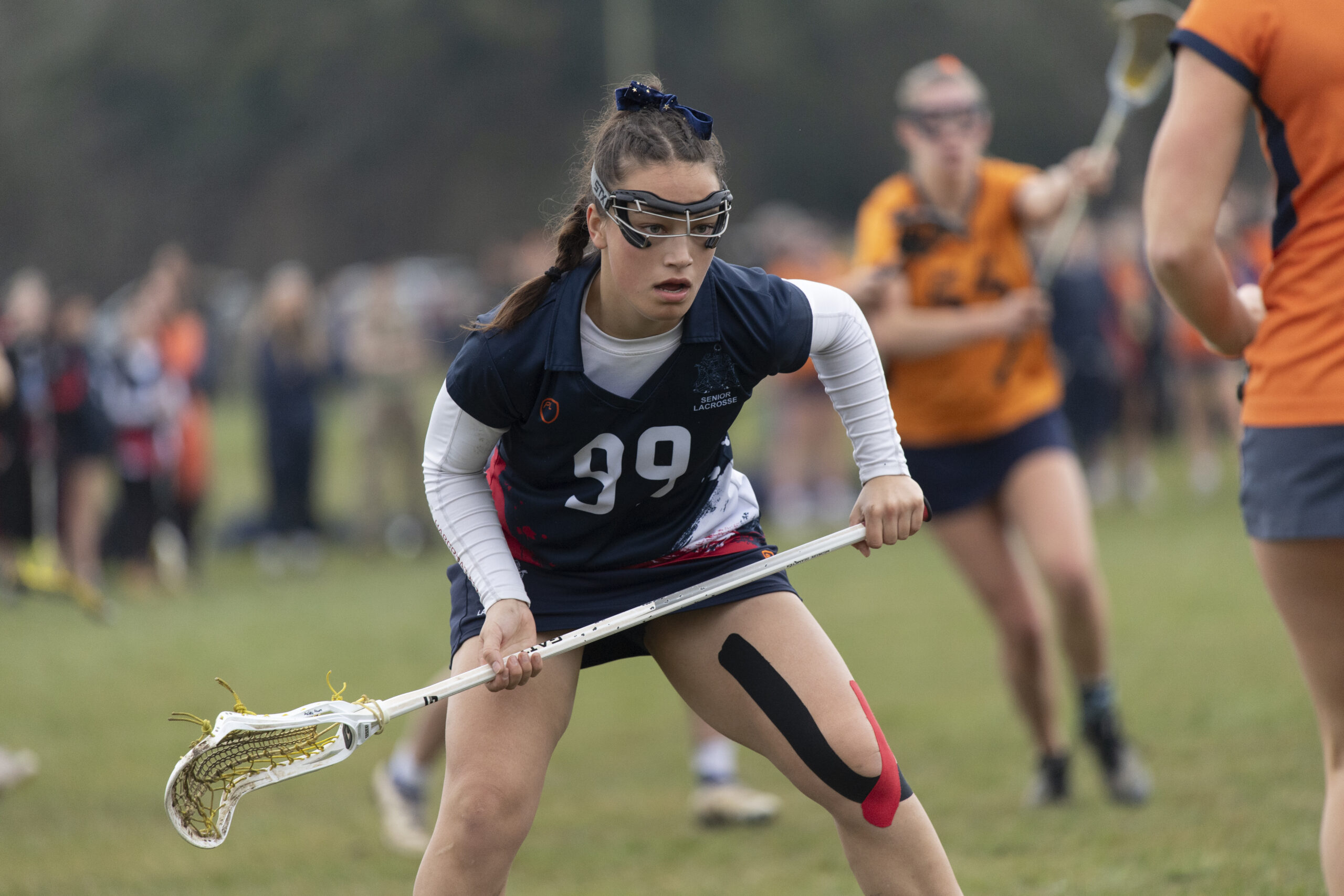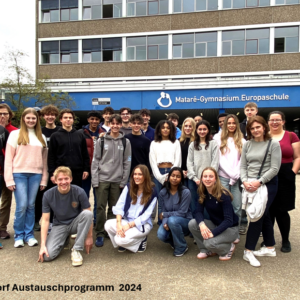At the end of last term, Lower 6 psychology students from both Habs Girls and Habs Boys were given the opportunity to attend the Psychology in Action conference: a jam-packed day filled with bundles of information regarding areas of psychology ranging from ‘gender’ to ‘the art of rest’.
Naomi and Lara in Lower 6 have written some reflections on the day. A range of speakers talked about their journey into becoming a psychologist, as well as their specialty, providing inspiration for the budding psychologists within the group.
The conference effectively aimed talks at the age group – combining knowledge from the A-level psychology course with information relating to teenage life. For instance, the session addressing exam success focused upon the psychology of memory storage and how this can have a direct impact on the ways in which revision occurs, and thus exam performance. Additionally, these sessions stretched beyond what is taught at A-level and posed questions such as ‘How can we define health of the human mind’, which creates difficulty as there is no objective criteria for this, unlike the other general medical conditions that can simply be defined by heart rate for example.
The day began with a talk called ‘the art of rest’ by Claudia Hammond in which we learnt that rest is both good mentally and cognitively. Also, taking breaks has been proven to be very effective, they do not even have to be very long, leading to higher concentration and well-being levels. After a short break, we listened to a talk titled ‘normal to be mad?’ by Dany Nobus which discussed mental health disorders and the classification of them. He concluded that it is very difficult to define normality in the realm of mental health as almost all humans at some point in their lives experience a mental health issue.
A highlight of the day for all was the presentation entitled ‘Dance and the Brain’ given by Peter Lovatt which discussed the importance of dance in improving pro-social behaviours. Peter proceeded to teach a dance and then explained how the different types of movement can link to different problem solving. The brief question and answer session following each speaker’s presentation was useful as an insight into the career could be gained and further information absorbed. This was particularly beneficial in the case of the sport psychology talk as it was evaluating the preparation of athletes for the delayed Olympics, which is a prevalent topic currently.
Overall, this day was thoroughly enjoyed due to the breadth of topics explored, providing an element of interest for everyone. Huge thanks to the psychology department for organising this and to the psychology in action team for delivering an enriching, exciting conference.









